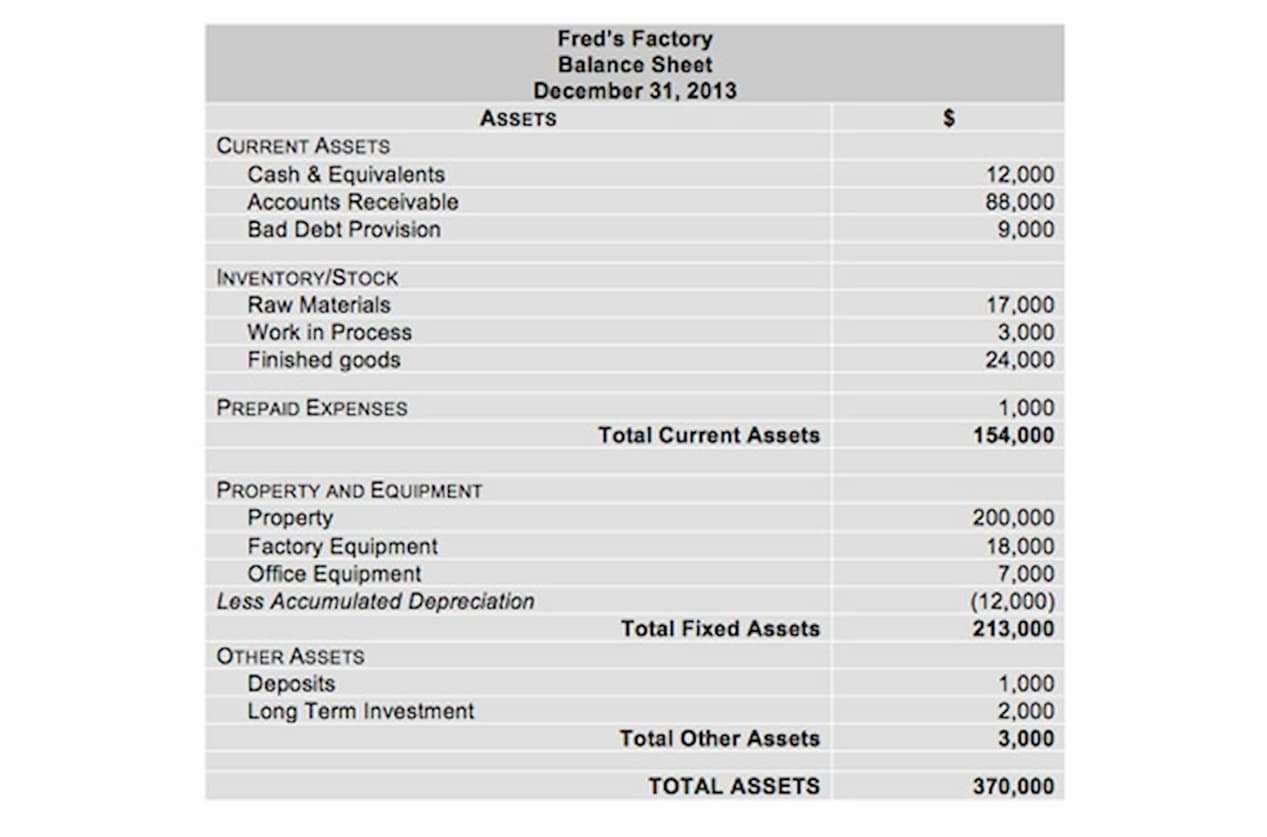
In doing so, management should consider the existence of mitigating controls and as highlighted in the SEC’s interpretive release,5 whether those controls operate at a level of precision that would prevent or detect a misstatement that could be material. In this publication, we provide an overview of the types of accounting changes that affect financial statements, as well as the disclosure and reporting considerations for error corrections. Given the complex nature of some accounting transactions, it is inevitable that errors in reported amounts will sometimes occur. Thus, management cannot claim that a misstatement is simply a change in estimate if they did not take reasonable steps to verify the original amount recorded. IAS 8 also suggests virtual accountant that errors can include mathematical mistakes, mistakes in application of accounting policies, oversights, misinterpretations of facts, and fraud.
Financial Statements for Limited Companies
Auditors also play a critical role in verifying that the company has fulfilled its disclosure obligations. They review the notes to the financial statements to confirm that all required information about correction of errors the error and its correction is disclosed comprehensively and clearly. This review process helps to ensure that the financial statements, as amended, are reliable and meet the necessary regulatory and accounting standards.
Related Post

Suppose you are auditing the financial statements of Mountain Bikes, Inc. for the year ended December 31, 2019, and you discover an error made in the December 31, 2018 financial statements. December 31, 2018 payables of $1 million were not accrued (and the amount is material). In this example, the invoices supporting the $1 million error existed and were on hand during last year’s audit, but, for whatever reason, the amount was not accrued. Correcting mistakes is an important step toward keeping records of accounts transparent and reliable. Such errors can be seen as accidental or oversight errors that will distort the financial health of a company. A proper and timely rectification ensures that the trial balance is correct, financial statements are reliable, and stakeholders are confident of the financial integrity of the organization.

How to Rectify Errors: Methods & Process

Once the event was resolved, and the workload returned to normal operations, the team followed the Correction of Errors process and created the document below. When an amount is entered as the right amount and the right account but the value is wrong, this is an error of commission. This can mean that perhaps a sum is subtracted instead of added. Rounding a number off seems like it shouldn’t matter but it can throw off your accounting, resulting in a snowball effect of errors. People can make this mistake, but it can also be a computerized error.
- These entries should be crafted with precision, ensuring that each debit and credit reflects the necessary adjustments to rectify the error.
- For each of the items, state the type of error that was made.
- The plan should reflect the facts, regardless of when they are discovered—in the early stage of the engagement or later.
- Imagine submitting your quarterly payroll tax filings within the deadline, and you breathe a sigh of relief—until you spot an error.
Description of problem and its impact

We can see that there is quite a range of potential causes of financial misstatements. However, regardless CARES Act of the cause, errors need to be corrected once they are discovered. Additionally, an entity will need to consider the impact of such errors on its internal controls over financial reporting – refer to Section 4 below for further discussion. Big R restatements require the entity to restate previously issued prior period financial statements.
- The issue is that you can’t spot this mistake in your trial balance—it will still be in balance regardless.
- They can provide performance very close to the channel capacity (the theoretical maximum) using an iterated soft-decision decoding approach, at linear time complexity in terms of their block length.
- These errors are also known as one-sided errors, as only one side of the account (either debit or credit) is affected by these errors.
- But if management agrees, it’s time to propose a prior period adjustment (technically referred to as a restatement in the FASB Codification).
- The letter stated that the change was happening because Delaware’s legal code “was never updated” following the apparent passage of a law in 1997 that altered how legislative pensions were calculated.
- The correction of a misstatement related to interim periods of a prior fiscal year requires the same presentation and disclosures as the approaches discussed above.